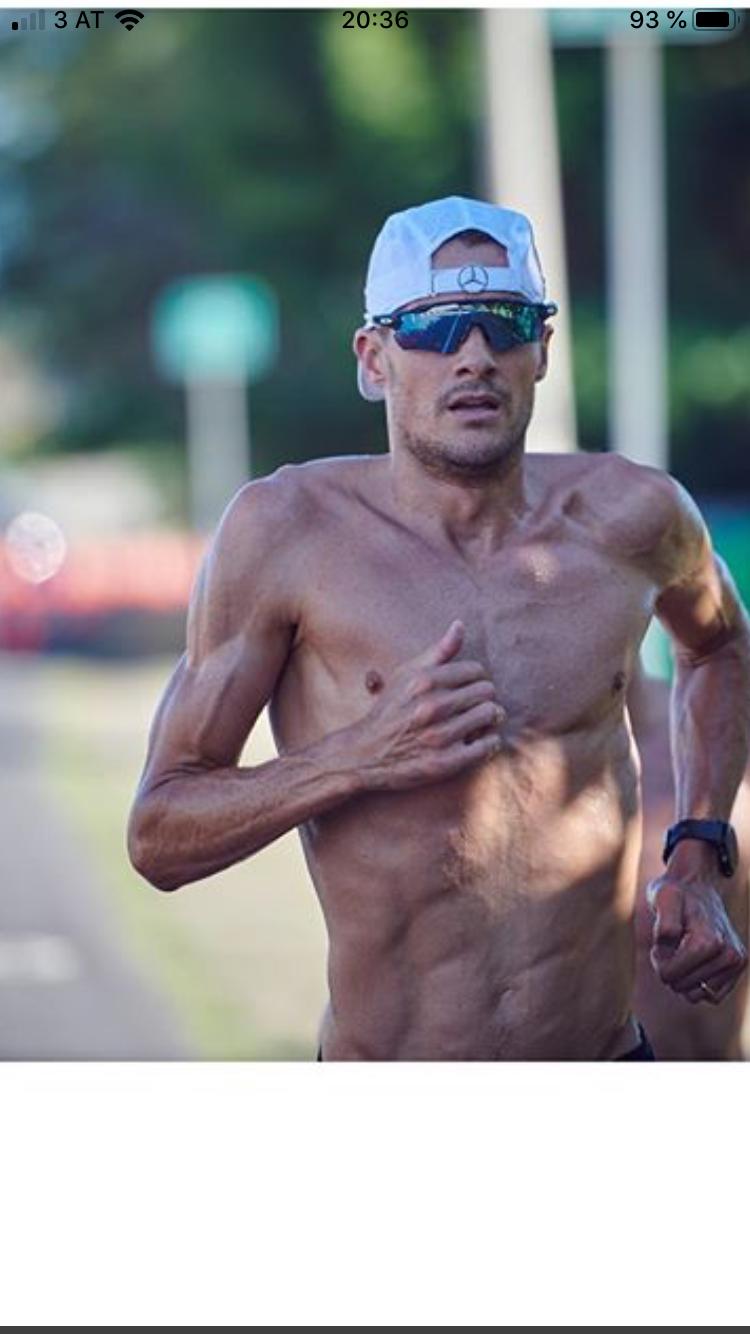The developments of the last 40 years in consumption and technology have led to an instant society. Everything we want can be ordered at any time, immediately and by free shipping. But nature has not kept up with this.
Lasting changes to our bodies take a little longer. So whether you want to change your body (physique, metabolism, performance) for performance reasons, or just work on your figure for the next summer, you always pay a hidden price for short cuts.
Power = watts per kilogram, and health…?
I explain my thought with the example of a runner or a cyclist. It might as well be a gymnast, a long jumper, a decathlete, a rower or a martial artist. In all these sports, performance is directly affected by weight (system weight: body & equipment) or is fought in weight classes.
Power is often measured in watts per kilogram body weight. To improve this ratio, you can reduce your body weight, which is much faster than increasing your physical performance (watts). The same is true when competing in weight classes. If you can get placed in a lighter weight class, you have different opponents. So, weight loss is very temptingalso a proven tool, yet not an endless shortcut.

Jan Frodeno running on Alii Drive in Kona HIa few days prior to the Ironman 2019extremely cut! This should only be of transient nature, if you want to remain healthy and performing on the long run.
Weight loss and body composition
Weight loss requires a negative energy balance (see part 1) and when we deprive our body of energy, there are always consequences. Evolution has designed our bodies to cope with long periods of energy deficiency, but this comes at a price. The energy we need is first taken from the body’s own reserves (glycogen stores, body fat, muscles). That’s the mechanism behind losing weight. And if you do it right, you lose much more body fat than musclethe latter is what we need! But that’s an entirely different story!
In the 3rd part I show the consequences of long-term energy deficiency.





